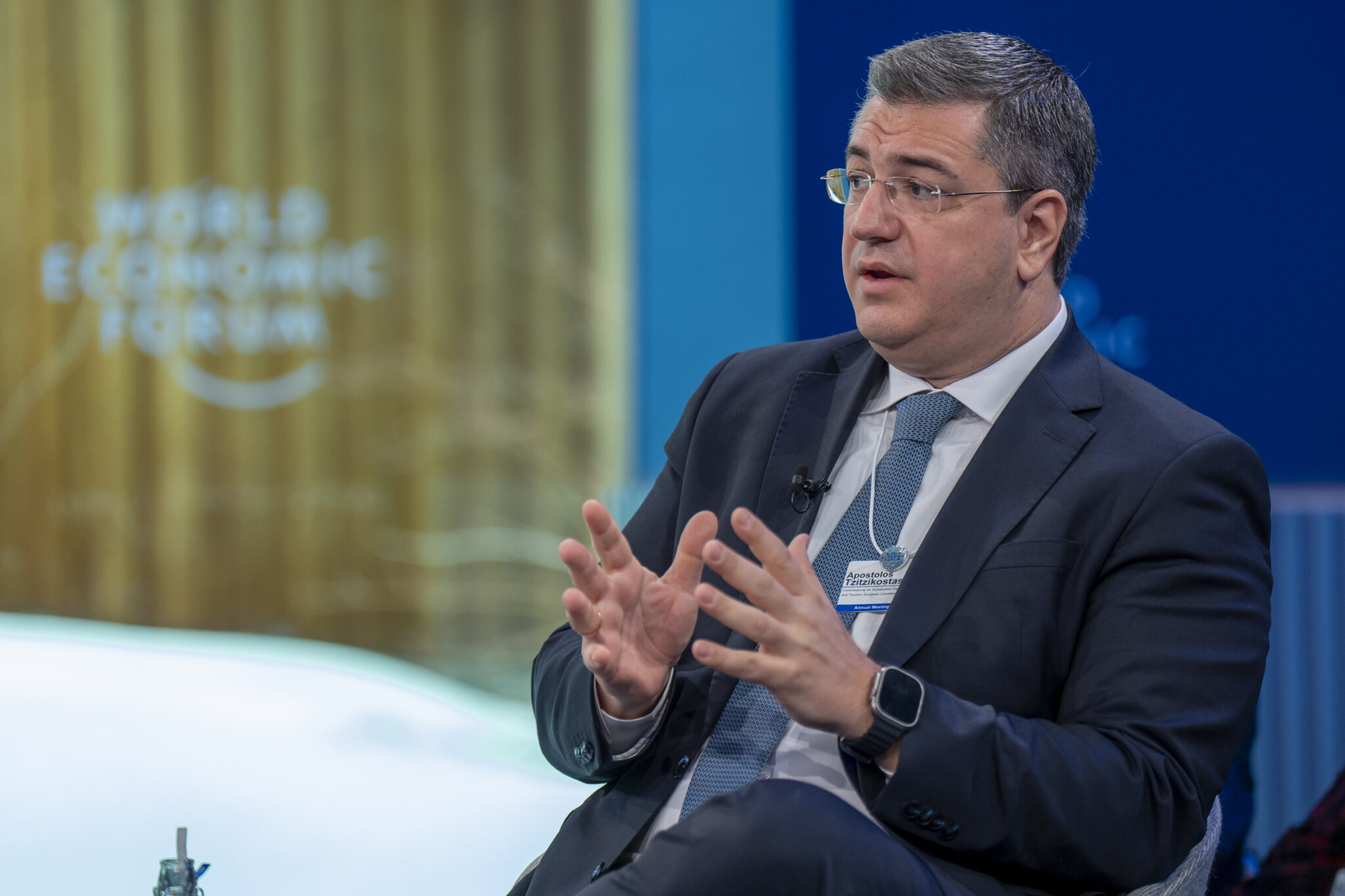Uruguay Begins Its First High Season With Legalized Marijuana

Skift Take
Christmas in Uruguay marks the start of the high season. That could sound like a giddy little pun on the fact that marijuana is now legal here, but it would not be in the proper spirit. Arriving in the capital of Montevideo just as this landmark legislation is being rubber-stamped by the country's senate, I quickly learn that foreigners tend to get much more excited about it than most Uruguayans, who kindly request that we please keep our cool.
For one thing, the first crop of high-grade, low-cost, state-regulated cannabis has not been harvested yet. For another, the new law stipulates that it can never be sold to non-residents anyway. That said, there are too many bongos being played in public for a visitor not to be aware that marijuana is already common in the capital.
Possession of the drug for personal use has long been decriminalised. And, on a southern hemisphere summer evening, as I stroll from the old town to the city centre under Christmas lights, I can smell it on the breeze and see it being smoked in the streets. Not furtively, but casually, with the same urbane air of discretion and maturity with which alcohol is consumed by continental Europeans.
More striking is the ubiquity of yerba maté. Uruguay claims to have invented the grassy-tasting tea-like infusion – one of many claims contested by its neighbours in Argentina – and the entire population seems openly addicted to it. Literally everyone is drinking maté from a maté (the traditional gourd of the same name) through an ornate curved metal straw called a bombilla. They drink it while walking, talking, sitting on benches in historic plazas, and even while riding motorbikes, with flasks of hot water tucked under their arms as if they were oxygen tanks.
On the concourse outside City Hall, where film students are projecting their short movies on to a building across Avenida 18 de Julio, I meet a bearded young graduate called Eduardo, who has a maté in one hand and a spliff in the other. The caffeine balances out the cannabis pretty nicely, he tells me.
"But this," he says, holding up the gourd, "is much more fundamental in Uruguay." He doesn't want to sound like a hypocrite, but he has mixed feelings about the new law. Eduardo agrees that marijuana should be legal, and he's glad that he now has the right to grow up to six plants at home, which is four more than he had already. But he also shares the concerns of the majority who don't smoke pot, who worry about the place being overrun with gringo stoners: "I just think it's bringing us way too much attention."
Then he offers me the joint, which leads us both into a grey area of his country's drug policy. He's not selling, and I'm not buying. Surely there's no legislating for simple politeness?
Moving on to the seaside resort of Punta del Este, I can see why most visitors to Uruguay head straight for the coast. The beaches near here are spectacular, the water rough on one side of the peninsula (at Playa Brava), and gentle on the other (Playa Mansa, on the Plate estuary). Frank Sinatra and his friends put this place on the map in the 1950s, when the postwar investment boom saw a small fishing village grow into a vertical cluster of casinos and luxury hotels, attracting the biggest stars in the world.
Punta del Este has since become one of Latin America's prime party towns, if only for a few months of the year. From Christmas to Easter, hotel prices double around here, and high-end condos fill with wealthy Brazilians and Argentinians. These days, I'm told, the real celebrities tend to play in José Ignacio, a more exclusive resort a little further north.
The rich are now staking out parts of this coast faster than the budget travellers can discover them, though there seems to be some middle ground in places like La Paloma, a gorgeous green-and-blue headland where the woods still extend almost to the surf. Here, on a west-facing beach called La Balconada, a local audience assembles every night and applauds the sunset as if seeing it for the first time.
Actor and musician Jorge Drexler – perhaps the world's second-most famous Uruguayan after Liverpool striker Luis Suárez – loves this spot, and wrote a song about it called Camino a la Paloma. But he wrote a whole album about Cabo Polonio, a kind of hippy colony perched around an isolated lighthouse some 30 miles further on.
"We're not hippies," says Daniel Machado Molina, when I get out of the truck that serves as a local bus. "Unless you mean people who aren't stressed out, aren't looking at their watches, aren't obsessed with technology." Molina is one of the few permanent residents of Cabo Polonio. He was actually born and raised here, among the fishermen and seal hunters who first founded the settlement.
The original scattering of huts and shacks has expanded to include guesthouses and rentable cabins, most without running water and almost all without electricity. Come January, every bed will be occupied, as the winter population of about 50 people swells to thousands.
Many of these visitors are "the type with long hair and coloured trousers", as Molina puts it, and they love being off the grid. But he says more tourists are now demanding that the limited power available – from solar panels, wind turbines and a few diesel generators – be used to secure a Wi-Fi connection.
"Our lifestyle here is changing from rustic to touristic," Daniel says. "But it's still the same place, with the same natural beauty. I think people should be trying to adapt to Cabo, and not expect Cabo to adapt to them."
Over two nights in my own little candlelit cabin at Cabo Polonio's Playa Sur (South Beach), I get pretty comfortable, and friendly with some of the locals. I especially like Joselo, the blind bar owner whose ultra-dark, cave-like establishment has been known to attract stray penguins from the rocks nearby. And Punky (real name Joaquín), a former punk rocker turned handyman whose dog, Little Boy, howls along when he plays the harmonica.
Most of the community is composed of exiles, pioneers and Montevideans who came here to escape unfulfilling city lives. They use the word libertád (freedom) a lot, which makes me think about the liberal enclave that I imagined Uruguay to be – it was the first Latin American nation to also legalise abortion and same-sex marriage – and the more libertarian spirit of this place.
"Look around you," says Punky, when I ask about marijuana. "It's always been legal here. There's no one to tell you it's not."
And much as people seem to respect the current president, José Mujica – a former leftist guerrilla turned poetic speaker and progressive thinker – their only relationship with the government is essentially adversarial. More than half of the buildings in the settlement stand on land owned by the state, and the battle over property rights has dragged on for decades. Over lunch at his small and perfect seafood restaurant, I ask Daniel if he thinks of Cabo Polonio as some kind of independent republic.
"That's the question," he says. "Uruguay wants a piece of us, but do we really need to be a part of Uruguay?"
Similar frictions exist a little further up the coast in Punta del Diablo, another fishing village now developing so fast that private owners might soon sell the land out from underneath the families who founded it. Meanwhile, more "rustic" accommodation is being constructed every day, along with plush apartments for wealthier visitors. One of these has half-obscured the sea view that Nestor Ventre, known locally as Cacho used to enjoy.
"Stupid building," he mutters as we watch the sunset from his living room. "But it's still paradise." Cacho, who rents his self-constructed wooden house to tourists in the summer, would appear to be right – Playa Grande is the most beautiful beach I've ever seen. If I were high on strong marijuana, I might start designing my own house here, like Cacho and his neighbour Flaco (whose real name is Fernando Falconstein, a splendid inheritance from his Austro-Hungarian ancestry).
As the stars come out, I listen to the men debate the recent legalisation. Flaco has been smoking cannabis since he was 14, and growing it since he was 30. Now 59, he has huge plants in his garden, behind a metal barricade to shield them from the sea spray. He sometimes uses the leaves as a kind of currency, and this morning he traded a handful for some fresh lemons. More often, he says, he just gives it away, "for love, not for money".
Flaco thinks this non-business model exempts him from the new law, and does not even recognise the authority of the state over what he can do with his home-grown produce.
"I am the state!" he says, magnificently, a glass of whisky in one hand and a joint in the other. Cacho rolls his eyes and takes the joint. He agrees that marijuana is harmless, and grows a couple of plants himself. But he thinks Uruguay has bigger issues to address, and much greater attributes to shout about.
"Not that we're the shouting sort," he says.
This article originally appeared on guardian.co.uk
![]()





